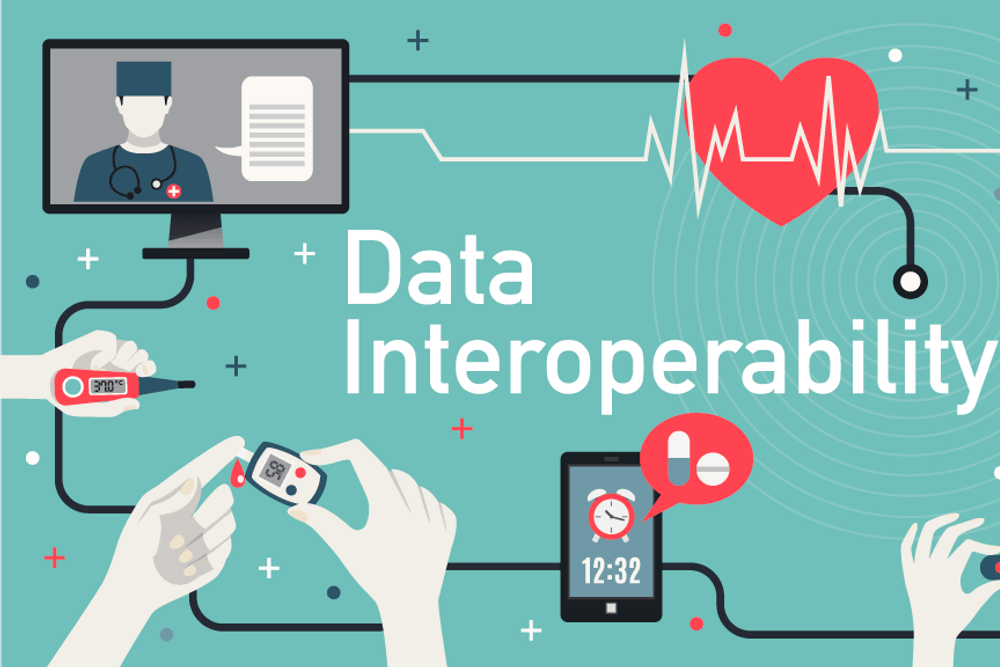Healthcare in 2019 is largely driven by advancements in technology, procedures, governmental initiatives and everything in between. Although these advancements have permitted many stakeholders to benefit from their respective advantages, one common issue has risen: data interoperability. The lack of access to certain data forms and the overflow of relevant information present important challenges for healthcare professionals and patients, among others.
Current Data Challenges
As healthcare data is being compiled at an exponential pace, whether through technological tools or simply on paper forms, the means to assemble and share this data is often problematic within an establishment. The difficulty and risks involved only grow as clinicians try to share data with other healthcare providers from different establishments using different technology.
Some of the challenges present in the healthcare data ecosystem include:
- Lack of standardized data forms
- Data sharing restrictions
- Varying IT interfaces
- Expensive interface costs
- Interpretation of data
With the help of Electronic Health Records (EHRs), data is easily captured and stored for healthcare professionals to compile and access. However, these systems don’t come without their challenges to the health data ecosystem.
For example, when a patient is admitted to a hospital, everything during their visit is documented in the hospital’s EHR. If the same patient goes back to the hospital a few years later, will the medical professionals on staff have access to their medical history between the visits? Does his primary care physician or any other specialists he may have seen use the same EHR as the one in the hospital? If not, the hospital has no record of any changes to the patient’s health or treatments they’ve received between the two visits, which could be cause for concern.
This is exactly what healthcare data interoperability is trying to solve as an issue. The goal is to provide medical professionals with a holistic view of a patient’s medical history and improve the overall care experience for the patient.
What is Interoperability?
In the context of healthcare, interoperability is the ability of various information systems such as EHRs to communicate with one another across organizational barriers. This way, data can be compiled, accessed and exchanged easily from one healthcare organization to another.
The intent is to optimize the health care spectrum and provide clinicians access to relevant information when they need it so they can address population health more extensively.
With the move towards value-based care, CMS has increasingly put emphasis on interoperability by not only devoting an entire Merit-based Incentive Payment System (MIPS) category to it, but by also renaming this category from Advancing Care Information to Promoting Interoperability to further highlight its importance.
Reaching Interoperability
To reach a level of durable healthcare interoperability, every stakeholder needs to take certain steps to ensure that not only the technology they use does not present restrictions, but that relevant procedures and the structure of their data is also universal. The good news? This is not a clinician’s job. It is up to software companies, the government and healthcare establishments to reduce boundaries by putting forth certain initiatives that will drive the industry towards interoperability such as:
- Defining structured data exchanges
- Establishing inter-connectivity requirements
- Allowing data to be interpreted between systems
- Providing uniform, unaltered data between systems
- Defining data exchange syntax
- Establishing policies that promote interoperability
All in all, it takes a clear structure as to how data is input, compiled, accessed and interpreted for the data to be viable and understandable by all who have access to it. Without the development of specific standards, the upkeep of quality data, and clinician and patient data matching, the move towards healthcare data interoperability won’t be sustainable in the long run.

